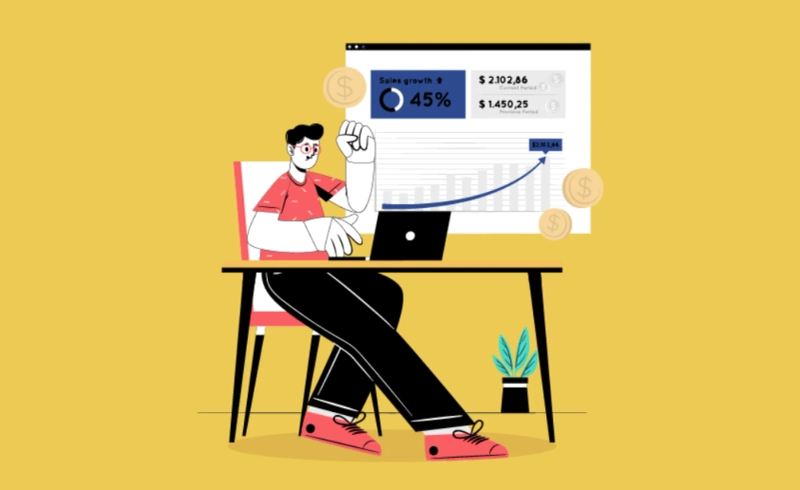The rapid advancement of technology has revolutionized the financial landscape, giving birth to the Fintech industry. In recent years, Fintech apps have transformed the way individuals manage their finances, providing unprecedented convenience and control.
As of 2023, Fintech apps for budget management have reached new heights, offering sophisticated features that empower users to take charge of their financial well-being like never before.
The Rise of Fintech Apps
Fintech apps emerged as a response to the growing need for streamlined and efficient financial management tools. Traditional methods of budgeting often involved manual calculations, spreadsheets, and a lot of paperwork. However, the advent of smartphones and advanced digital platforms changed the game.
In 2023, Fintech apps have become an integral part of people's lives, offering real-time insights, automated tracking, and personalized financial advice.
Key Features of Modern Fintech Budgeting Apps
Automated Expense Tracking: Fintech apps have perfected the art of automatic expense tracking. These apps categorize transactions in real time by integrating with bank accounts and credit cards. This feature eliminates the need for manual data entry and provides users with an accurate overview of their spending habits.
Personalized Budget Creation: Modern Fintech apps no longer rely solely on generic budget templates. They leverage AI and machine learning algorithms to analyze users' spending patterns and financial goals, creating personalized budgets that align with individual circumstances.
Financial Goal Setting: Setting financial goals has become more intuitive with Fintech apps. Users can establish short-term and long-term objectives such as saving for a vacation, paying off debt, or building an emergency fund. These apps offer progress tracking and provide actionable steps to achieve these goals.
Interactive Dashboards: Visual representations of financial data have become a cornerstone of Fintech budgeting apps. Interactive dashboards provide users with a comprehensive financial health overview, showcasing income, expenses, savings, investments, and debts in easy-to-understand graphs and charts.
Expense Categorization and Analysis: Advanced algorithms categorize expenses into various segments like groceries, transportation, entertainment, and more. This categorization aids users in identifying areas where they can cut back and save money. Detailed analysis tools offer insights into spending trends over time.
Bill Payment Reminders: Fintech apps have evolved to include bill payment reminders. By syncing with a user's bills and due dates, these apps send timely notifications, preventing late fees and helping users stay on top of their financial obligations.
Secure Data Encryption: The security of financial data is a top concern for users. Modern Fintech apps utilize robust encryption and multi-factor authentication to ensure that sensitive information remains secure.
Investment Integration: Some Fintech apps have expanded their scope beyond budgeting and offer investment tracking and portfolio management features. Users can monitor their investments alongside their spending, giving them a holistic view of their financial situation.
Challenges and Future Trends
While Fintech apps have come a long way, there are still challenges to address. Privacy concerns, data breaches, and the potential for over-reliance on technology are ongoing issues. Additionally, ensuring that these apps cater to users with varying levels of financial literacy remains crucial.
Looking ahead, Fintech apps are likely to incorporate even more advanced technologies. Artificial intelligence will play an increasingly significant role, providing predictive analytics, voice-controlled interfaces, and more personalized financial advice. Moreover, the integration of blockchain technology might enhance security and transparency in financial transactions.
Conclusion
In 2023, Fintech apps for budget management have evolved into indispensable tools for individuals striving to gain control over their finances. Through automated tracking, personalized budgeting, and comprehensive analysis, these apps empower users to make informed financial decisions. As technology advances, the Fintech industry will undoubtedly bring forth even more innovative solutions, reshaping how we manage and perceive our financial well-being.


